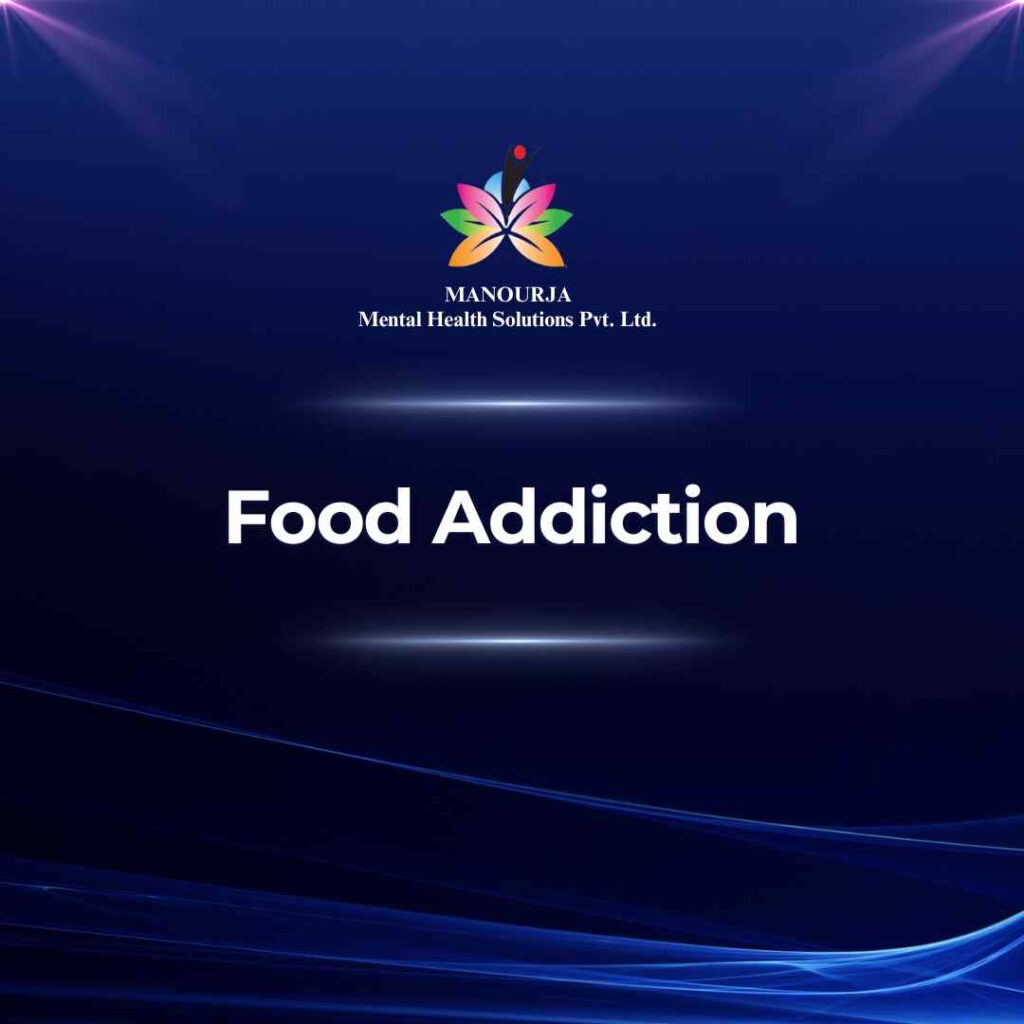Food Addiction

Food addiction refers to a condition where individuals develop a compulsive relationship with food, similar to addiction patterns seen with substances like drugs or alcohol.
Here’s an overview of the meaning, types, and hazards associated with food addiction across physical, psychological, and social aspects:
Meaning
Food addiction involves a pattern of compulsive eating behavior, often characterized by cravings, loss of control, and continued consumption of food despite negative consequences. Individuals with food addiction may use food as a coping mechanism to deal with stress, emotions, or other underlying psychological issues.
Types
- Highly Processed Foods: Foods high in sugar, fat, and salt, such as fast food, sugary snacks, and processed snacks, are commonly associated with food addiction due to their rewarding and addictive properties.
- Specific Food Categories: Some individuals may develop addiction-like behaviors towards specific food categories, such as sweets, carbohydrates, or fatty foods.
- Binge Eating Disorder: Binge eating disorder is a specific eating disorder characterized by recurrent episodes of uncontrollable eating, often resulting in feelings of guilt, shame, and distress.
Physical Hazards
- Obesity: Food addiction is closely linked to obesity, as compulsive overeating can lead to excessive calorie intake and weight gain.
- Nutritional Imbalances: Excessive consumption of certain foods, particularly highly processed and calorie-dense foods, can lead to nutritional imbalances and deficiencies.
- Health Conditions: Food addiction is associated with an increased risk of developing various health conditions, including type 2 diabetes, cardiovascular disease, high blood pressure, and metabolic syndrome.
Psychological Hazards
- Addiction-Like Behaviors: Individuals with food addiction may experience cravings, loss of control, and withdrawal-like symptoms when attempting to cut back or stop eating certain foods.
- Emotional Distress: Compulsive overeating can lead to feelings of guilt, shame, low self-esteem, and depression, especially when individuals struggle to control their eating behavior.
- Cognitive Impairment: Chronic overeating and obesity have been linked to cognitive impairment and an increased risk of developing conditions like dementia and Alzheimer’s disease.
Social Hazards
- Social Isolation: Individuals with food addiction may withdraw from social activities or avoid social gatherings that involve food due to feelings of shame or embarrassment.
- Stigmatization: Obesity and compulsive overeating are often stigmatized in society, leading to discrimination, negative stereotypes, and reduced access to healthcare and support services.
- Relationship Strain: Compulsive overeating can strain relationships with family, friends, and romantic partners, especially if food-related behaviors lead to conflicts or interpersonal difficulties.
Addressing food addiction requires a multifaceted approach that includes addressing underlying psychological factors, developing healthier coping mechanisms, improving nutrition and dietary habits, and seeking support from healthcare professionals and support groups.
At MANOURJA, we believe in the transformative power of counseling. Our experienced therapists offer a safe and supportive space where you can explore your thoughts, emotions, and challenges. Through personalized counselling sessions, we’ll work together to develop coping strategies, build resilience, and achieve lasting positive change. Discover the path to a healthier, happier you with MANOURJA counselling services.
MANOURJA Rehabilitation Services
At MANOURJA, we’re dedicated to helping you in rebuild your life, after difficult times. Our rehabilitation services focus on understanding what you need to move forward, whether you’re recovering from addiction, trauma, or any psychological – social challenges. We create personalized plans, that are all about helping you, regain your strength and find hope again. With a caring team by your side, you’ll have the support to make real progress and take steps toward a brighter, healthier future
